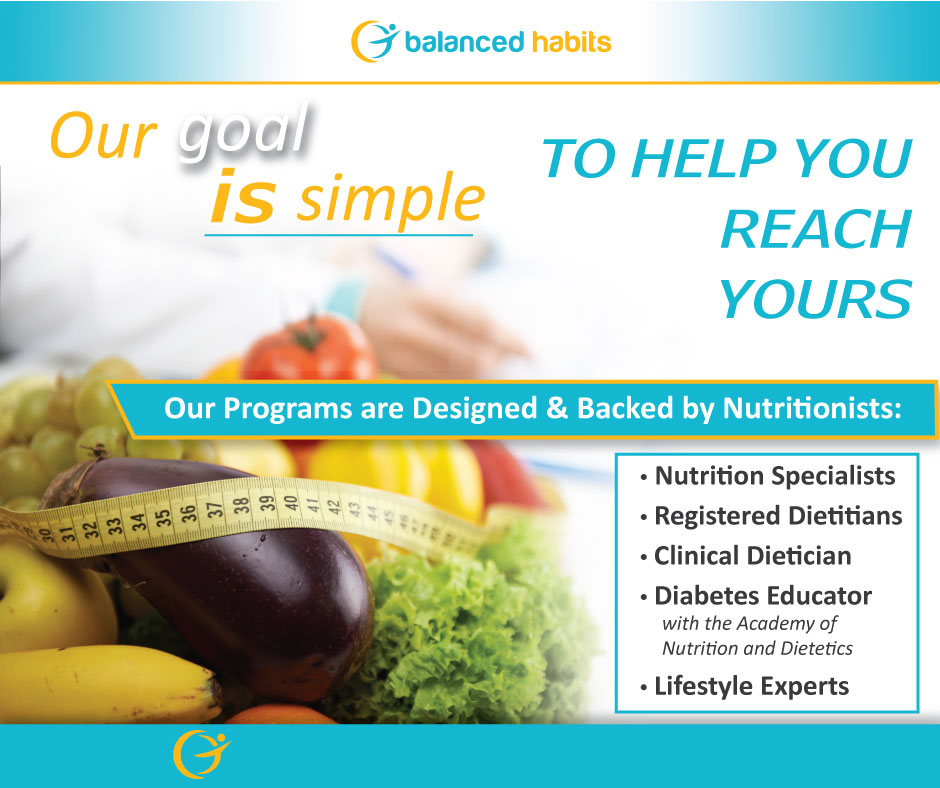7 causes that lead to obesity & poor health bio-markers & how to avoid them…
In 2013, the American Medical Association (AMA) officially recognized obesity as a disease. A committee set up to study the matter advised that obesity's classification should not be changed, but the delegates at the association's annual meeting overrode their recommendation.
It was a controversial decision, to say the least.
Dr. Patrice Harris, an AMA board member said that "recognizing obesity as a disease will help change the way the medical community tackles this complex issue that affects approximately one in three Americans.” Harris said she hoped the new definition would shine a greater spotlight on the fight against type 2 diabetes and heart disease.
Others took a more cynical view by suggesting that the reason behind it was related to doctors being able to charge more for treatment when a patient mentions weight loss. And, of course, the personal responsibility argument sprung up. Many claimed it was merely a way of making people feel better by telling them "if you're fat, it's not your fault."
While we all must take responsibilities for ourselves and our health, there are factors that encourage people to eat more. Here are seven things that are working against us that could potentially contribute to people becoming overweight and obese:
People are living a less physical lifestyle particularly in the cities - In 1900, 10 percent of the world's population lived in cities. Today that figure has risen to more than half. In cities, people are less likely to walk and do other outdoor physical activities. A Chinese study found that on average a person's daily energy expenditure is reduced by 300 to 400 calories if you live in the city. Reduce it by 200 more calories if you drive or take the bus to work.
Action Plan: Walk and exercise more often.Children are spending more time online - A study published in the child health journal, Acta Paediatrica, found today's children are growing up weaker due to online activity replacing outside activity. Another study, published in the American College of Cardiology, found that the more time kids spent in front of a screen the more they indulged in unhealthy snacks.
Action Plan: The American Academy of Pediatrics recommends children and adolescents spend a maximum of one to two hours in front of a screen (whether it’s a TV, computer or tablet) each day.Portion sizes have gotten bigger - According to the Journal of Nutrition, the average portion size of our foods (be it fast food, sit down restaurants or the grocery store) has increased by as much at 138%. In 1970, Americans took in an average of 2,160 calories per day. Today, the average American consumes 2,673 calories per day.
Action Plan: Be in portion control mode as much as possible. Reducing your consumption by a little each meal will have a huge impact long term.Food manufacturers design their foods to be hyper-palatable - Hyper-palatable foods are foods that are so pleasing to your taste buds they may potentially cause you to overeat. Chemists adjust the level of fat, sugar, salt and additives to make your brain long for more of them. Some of the most hyper-palatable foods available are soft drinks, cured meats, microwave popcorn, salty roasted snacks, and all fast food.
Action Plan: Avoid, or at a minimum, moderate your consumption of hyper-palatable foods.Food manufacturers are aggressive marketers - Greenwashing is when a company, government or organization tries to pass themselves off as being environmentally friendly when they really aren't. Food manufacturers greenwash when they use terms such as "all natural" and "sustainably produced" when neither description may be accurate. They also use green in their packaging and logo to make their product appear to be environmentally friendly. Writer and public health lawyer Michele Simon coined the term "nutriwashing" when food companies use their marketing to tout better health or nutrition when neither is the case.
Action Plan: Always check the ingredient list and take the slogans and claims made on the front of the packaging with a grain of salt.Sugar has infiltrated our food supply - In 1822, the average America consumed the amount of sugar in a 12 oz. (355ml) can of soda every five days. Today, the average American consumes the same amount in seven hours. Your future health is directly related to how much sugar you consume today.
Action Plan: Be aware of how much sugar you are consuming daily. According to the United States government guidelines, men should consume no more than 37.5 grams of sugar a day; women no more than 25 grams.You're not getting the straight goods when it comes to information - Food companies regularly sponsor not only major health organizations but scientists. Their coverage and findings are obviously going to be somewhat suspect when it comes to subjects that directly affect the companies behind their sponsorship dollars. An example of this is the Academy of Nutrition and Dietetics. In a 2013 report, Michelle Simon found that their 2011 annual report listed 38 food industry sponsors.
Action Plan: Never accept one outlet, article or statistic as being 100% accurate. Double check all information before acting upon it.
Avoid the landmines that lead to obesity with these seven mini-action plans. Because getting down to and maintaining your ideal weight is a key factor when it comes to maximizing your quality of life and your lifespan.
If you are not hitting your goals as quickly as you’d like, I’ll show you a way that you can. If you’d like to KICK START your way to your health and fitness goals, schedule a timeto speak with one of our knowledgeable staff here at Strong Together Chester, 908 879 0363.
Our Next 28-Day KICKSTART kicks off Saturday, May 12th. A Mother's Day Special Gift to yourself




